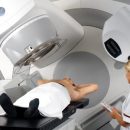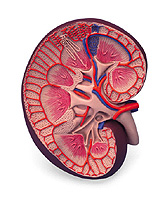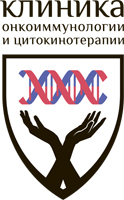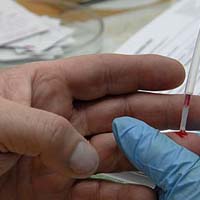What are the signs of prostate cancer? Is there an early diagnosis of prostate cancer?
Content
Prostate cancer manifestations
This is exactly the biggest problem of cancer — The disease begins to disturb the person only when it came already very far and the chances of cure significantly decreased. The prostate cancer can manifest themselves with the increase in urination, pain in the crotch, blood in the urine and in sperm. But no one of these symptoms may not be noted. Then the first manifestation of the disease will be metastases of cancer. It may be pain in the bones (in the pelvis, hips, spine), chest pain. In emerging cases, urinary delay can develop, as well as symptoms of cancer intoxication — Sharp weight, weakness, skin pallor with earthy tint.
What will make a urologist when they contact him with a prostate cancer
At the first handling of the patient, the urologist feels the prostate gland through the rectum (finger rectal study). This simple and useful way allows to suspect prostate cancer. Unfortunately, if the tumor can be forgiven that most often it is already one of the late stages of the disease, in which the operation will no longer help. Next, when suspected of cancer, a number of analyzes are carried out.
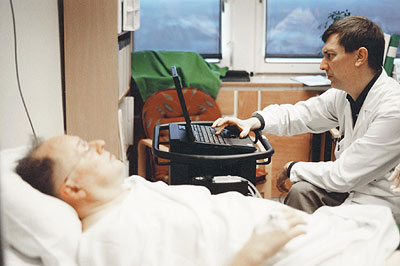 The best and progressive method today is the definition of blood in PSA — the so-called prostatecific antigen. This is a substance, the amount of which in the blood increases sharply when cancer in the prostate. The advantage of this method is that today it is almost the only way to suspect prostate cancer at the earliest stage when it can still be deleted. The method is very simple and for the patient looks like a conventional blood test. The disadvantages of the method include its very small prevalence in Russia and its relatively high cost.
The best and progressive method today is the definition of blood in PSA — the so-called prostatecific antigen. This is a substance, the amount of which in the blood increases sharply when cancer in the prostate. The advantage of this method is that today it is almost the only way to suspect prostate cancer at the earliest stage when it can still be deleted. The method is very simple and for the patient looks like a conventional blood test. The disadvantages of the method include its very small prevalence in Russia and its relatively high cost.
Other studies — Ultrasound, X-ray methods allow only more accurate to determine the size of the tumor and the state of other organs.
The final diagnosis of prostate cancer is raised after the prostate biopsy — a special needle through the crotch or through the rectum takes a small piece of gland for research.
Early diagnosis of prostate cancer?
Prostate cancer can be detected at an early stage if you explore the blood for the presence of a prostate-specific antigen (PSA). In addition, the tumor can be detected at the finger study of the organ through the rectum. Thus, it is possible to identify nodal formations or seals in the gland. These finds will give the basis for further survey. With the annual use of one of these methods, it is possible to identify prostate cancer on an early, healing stage.
If the prostate cancer is revealed at a young age, it can reduce the lifetime, unless, of course, will not be diagnosed at an early stage. In case of detection of a tumor in old age, it may not represent a big problem, since during this period of life a tumor is usually growing very slowly.
It is recommended to define the level of the PSA and the study of the prostate gland through the rectum annually for men from the 50th age. In men from a high risk group (if the next relatives: Father, brother, son had such a disease at a young age), the examination should be started from 45 years.
If the risk of prostate cancer is higher (several closest relatives suffered a given disease at a young age), then the examination should be started from 40 years of age.
Determining the level of PSA is also useful for assessing the effectiveness of the treatment and detection of recurrence of the disease.
Ultrasonic studies (ultrasound) of the prostate gland through the rectum helps not only to identify a tumor, but also can help in conducting a suspicious biopsy. However, for the early diagnosis of prostate cancer, this method is usually not used.

